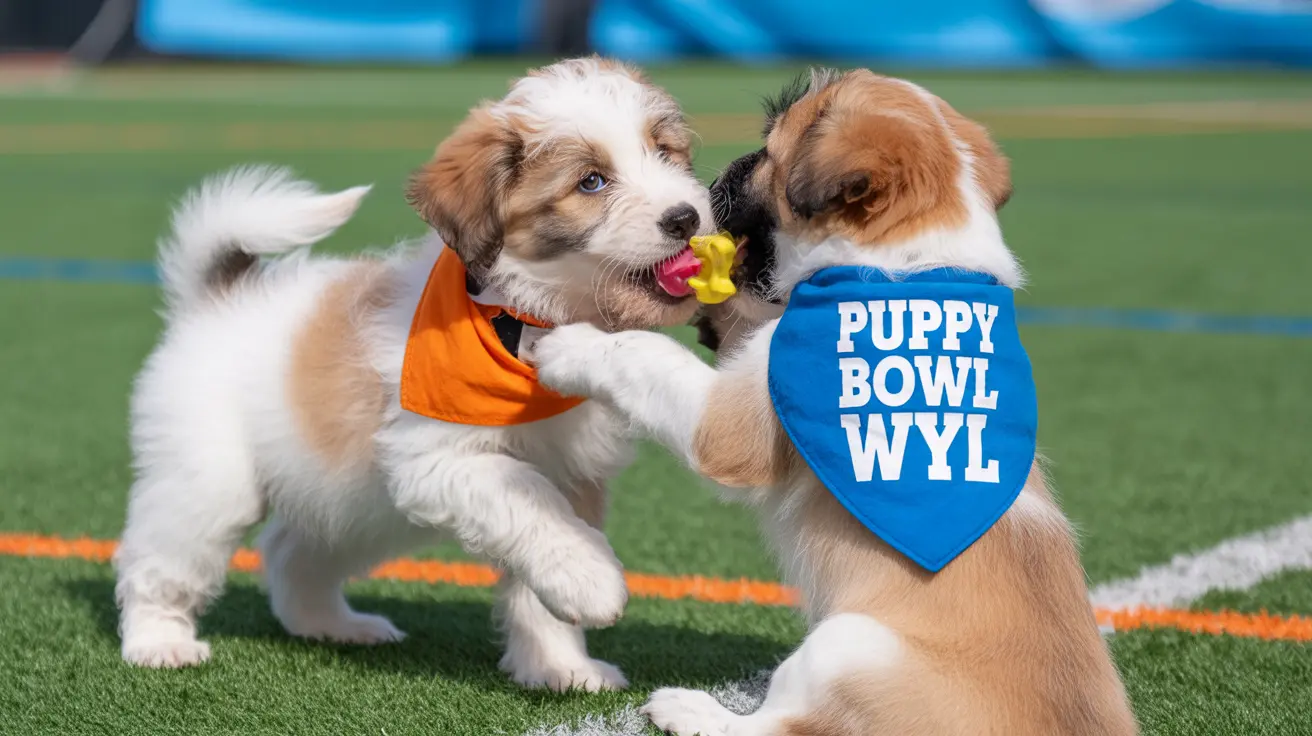Coffee might be a morning necessity for humans, but for our canine companions, it can be a serious health hazard. As a pet owner, understanding why coffee is dangerous for dogs and knowing how to prevent accidental exposure is crucial for keeping your furry friend safe.
In this comprehensive guide, we'll explore the risks of coffee consumption in dogs, recognize the signs of caffeine poisoning, and learn what steps to take if your dog accidentally ingests coffee or coffee products.
Understanding Coffee's Toxic Effects on Dogs
Dogs are significantly more sensitive to caffeine than humans due to their different metabolism. Their bodies process caffeine much slower, leading to toxic buildup even from relatively small amounts. What might be a harmless cup of coffee for us could pose a severe health risk to our four-legged friends.
The dangerous compounds in coffee aren't limited to caffeine alone. Coffee contains theobromine (similar to what makes chocolate toxic to dogs) and various acids that can severely irritate a dog's digestive system.
Dangerous Levels of Caffeine for Dogs
The toxic threshold for caffeine in dogs is alarmingly low. As little as 20 mg of caffeine per pound of body weight can trigger serious symptoms. For perspective, a single cup of coffee contains about 95 mg of caffeine – enough to cause significant problems for a small dog.
Coffee grounds and beans are even more dangerous, as they contain concentrated amounts of caffeine. Just a few coffee beans could prove fatal to a small dog.
Recognizing Caffeine Poisoning Symptoms
Symptoms typically appear within 30-60 minutes of ingestion and may include:
- Restlessness and hyperactivity
- Rapid breathing
- Elevated heart rate
- Muscle tremors
- Vomiting and diarrhea
- Increased thirst and urination
- Elevated body temperature
- Seizures (in severe cases)
Emergency Response to Coffee Ingestion
If you suspect your dog has consumed coffee, immediate action is crucial:
- Contact your veterinarian or pet poison control immediately
- Note the type and amount of coffee consumed
- Monitor your dog's symptoms
- Follow professional medical guidance precisely
- Don't attempt home remedies without veterinary approval
Prevention Strategies
Protecting your dog from coffee exposure requires vigilance and proper household management:
- Store all coffee products in secure, high locations
- Dispose of used coffee grounds in sealed containers
- Clean up spills immediately
- Inform guests about the dangers of sharing drinks with pets
- Keep coffee makers and supplies out of reach
Treatment and Recovery
Veterinary treatment for coffee ingestion typically involves:
- Induced vomiting (if caught early)
- Activated charcoal administration
- IV fluid therapy
- Medication for symptom management
- Continuous monitoring
Frequently Asked Questions
Is coffee bad for dogs, and what are the risks if they ingest it?
Yes, coffee is extremely dangerous for dogs. The caffeine in coffee can cause severe symptoms including hyperactivity, elevated heart rate, seizures, and in serious cases, death. Even small amounts can be harmful due to dogs' sensitive metabolism.
How much caffeine is toxic to dogs, and what are the symptoms of caffeine poisoning?
Caffeine becomes toxic at about 20 mg per pound of body weight. Symptoms include restlessness, rapid breathing, muscle tremors, vomiting, diarrhea, elevated heart rate, and potentially seizures. These typically appear within 30-60 minutes of ingestion.
What should I do if my dog accidentally drinks coffee or eats coffee grounds?
Contact your veterinarian or animal poison control immediately. Don't wait for symptoms to appear. Be prepared to provide information about the type and amount of coffee consumed and follow professional medical guidance precisely.
Can dogs safely drink decaf coffee, and are there any safe alternatives for curious pets?
No, even decaf coffee isn't safe for dogs as it contains small amounts of caffeine and other harmful compounds. Stick to fresh water and veterinarian-approved treats. There are no safe coffee alternatives for dogs.
How can I prevent my dog from getting into coffee or other caffeinated products at home?
Store all coffee products securely out of reach, dispose of grounds properly, clean up spills immediately, and educate household members about the dangers. Keep coffee makers and supplies in areas your dog can't access.
Conclusion
Coffee poses a serious health risk to dogs, and prevention is crucial. Understanding the dangers and knowing how to respond to accidental ingestion can save your pet's life. Always err on the side of caution and contact your veterinarian immediately if you suspect your dog has consumed any coffee products.
Remember, while we humans may love our daily coffee fix, it's essential to keep this potentially lethal substance away from our canine companions. Your dog's safety depends on your vigilance and proper household management of coffee products.






